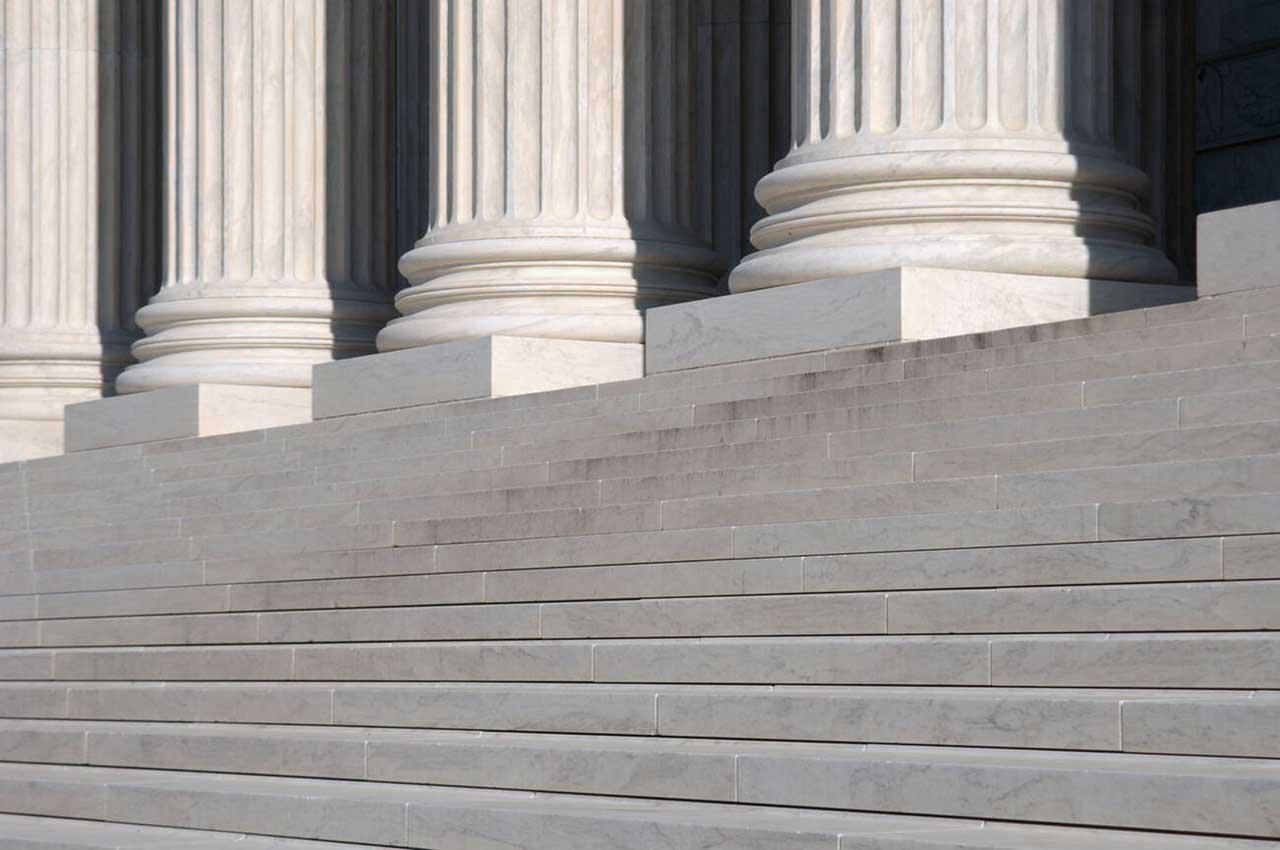Oregon Moves to Block Trump’s Birthright Citizenship Ban Despite Supreme Court Setback

Oregon Attorney General Dan Rayfield indicated on Friday that, despite the U.S. Supreme Court decision limiting the authority of lower courts to issue nationwide injunctions, the state is pursuing its challenge over the constitutionality of President Trump’s attempt to end birthright citizenship.
Oregon Birthright Citizenship Ban Challenge vs Supreme Court Ruling Limiting Lower Court Decisions
AG Rayfield indicated that because the ruling does not weigh in on the merits of the Trump EO, instead focussing on the narrower procedural issue of whether district courts have the authority to block such policies nationwide before the whole legal process plays out,
Oregon is pursuing the lawsuit fighting Trump’s order denying citizenship to U.S.-born Children of non-green card holders launched in May.
The coalition has challenged Trump’s EO as a violation of the Fourteenth Amendment and federal immigration law. Rayfield said, “The question of whether a president can unilaterally erase birthright citizenship is not resolved, and Oregon will continue fighting to make sure the answer is no.”
The Supreme Court has upheld the constitutional principle guaranteeing that all children born on U.S. soil are citizens, regardless of their parents’ immigration status.
The state argues that, if allowed to stand, the EO would cause immediate harm to children and families, increase administrative burdens on state agencies, and jeopardize federal funding tied to citizenship status.
While Rayfield expressed concern over how the recent Court’s ruling could limit the ability of lower courts to respond quickly to unlawful actions, indicating that universal injunctions can result in unlawful policies that cause widespread, immediate damage, they will be watching closely in the future.
The Supreme Court recognized that nationwide orders could be appropriate in some circumstances to protect plaintiffs from harm.
The coalition’s birthright lawsuit will now be returned to the lower courts, which could order injunctive relief to provide complete relief to the coalition states while still complying with the Supreme Court’s opinion.
